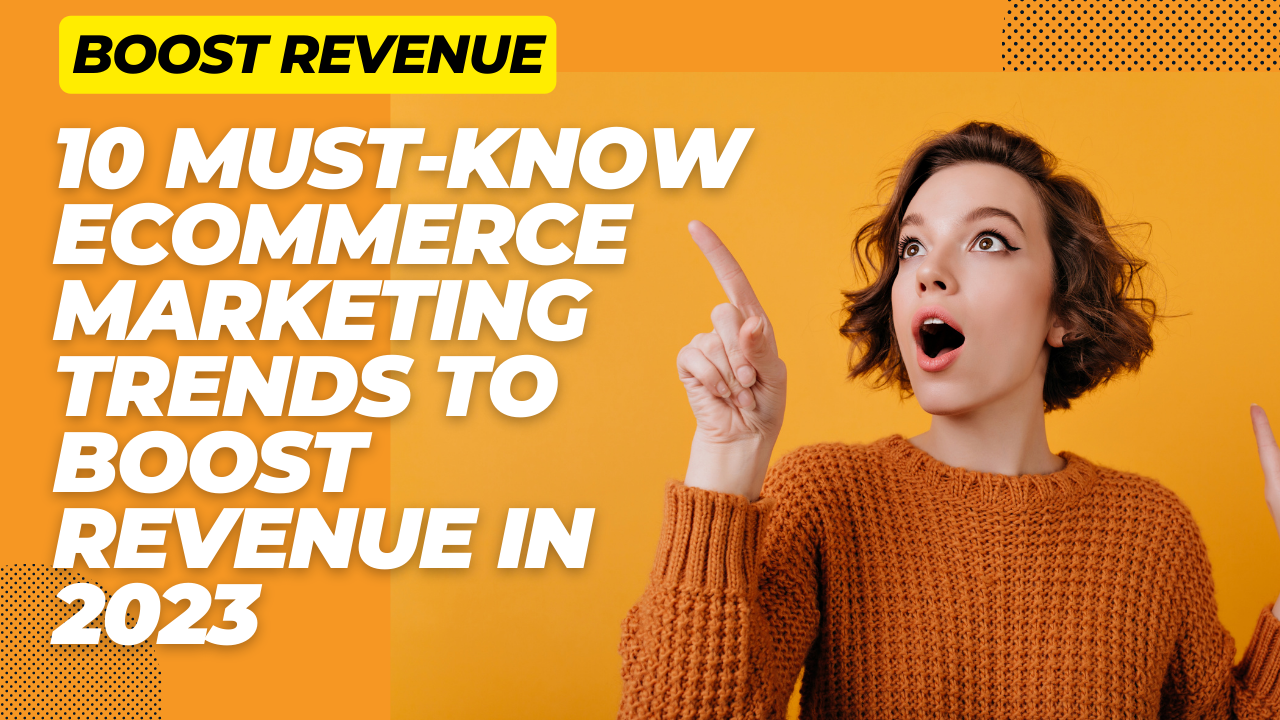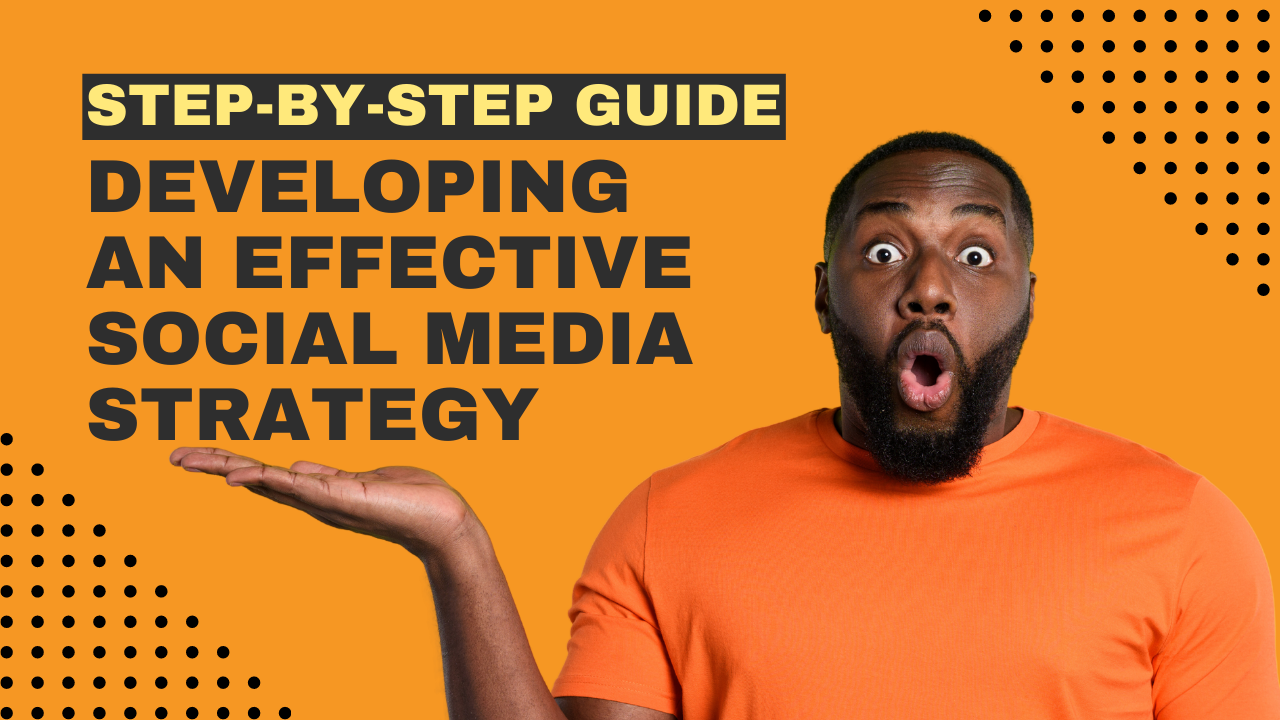Creating an Effective SEO Roadmap to Boost Your Revenue in 2023

In today's digital age, search engine optimization (SEO) has become an essential part of any business's online marketing strategy. With over 5.6 billion searches conducted on Google alone every day, it's clear that businesses need to have a strong online presence to stay ahead of the competition. However, simply having a website isn't enough. To truly drive revenue and sustain growth, businesses need to create an effective SEO roadmap. In this article, we'll explore the importance of having an SEO roadmap, the ultimate guide to creating one, and the benefits of having a well-planned SEO strategy.
The Importance of Having an SEO Roadmap
Having an SEO roadmap is crucial for businesses to achieve their online goals. A well-planned SEO roadmap acts as a blueprint that maps out your SEO strategy and helps you achieve your business objectives. It gives you a clear understanding of where you currently stand, what your targets are, and how you plan to achieve them. By having an SEO roadmap, businesses can create a structured plan of action that aligns with their business goals.
Search engine optimization (SEO) is an ever-changing landscape, and having a roadmap can help businesses stay ahead of the curve. With an SEO roadmap, businesses can anticipate changes in search algorithms, optimize their content for voice search, and stay on top of the latest trends in SEO. This can help businesses maintain a competitive edge in their industry and attract more customers to their website.
How an SEO Roadmap Can Help You Achieve Your Business Goals
The primary goal of an SEO roadmap is to boost your website's traffic and conversion rates, which ultimately leads to increased revenue. However, an SEO roadmap can help you achieve other business objectives as well. For instance:
- Increasing brand visibility and awareness
- Building brand authority and credibility
- Improving user experience and engagement on your website
By setting clear, measurable goals and creating a roadmap to achieve them, businesses can stay focused and track their progress over time. An SEO roadmap can also help businesses identify areas for improvement on their website, such as optimizing their website speed, improving their website's mobile responsiveness, and creating high-quality content that resonates with their target audience.
In addition, having an SEO roadmap can help businesses stay up-to-date with the latest industry trends and best practices. By regularly reviewing and updating their SEO roadmap, businesses can ensure that their website remains optimized for search engines and that they are using the most effective strategies to reach their target audience.
Overall, having an SEO roadmap is essential for businesses that want to succeed online. It provides a clear direction for businesses to follow and helps them achieve their business objectives. By investing in an SEO roadmap, businesses can improve their online presence, attract more customers to their website, and ultimately increase their revenue.
The Ultimate Guide to Creating an SEO Roadmap in 2023
Step-by-Step Guide to Creating an Effective SEO Roadmap
Creating a successful SEO roadmap requires careful planning and execution. With the ever-evolving landscape of search engine algorithms, it's essential to stay on top of the latest trends and best practices to ensure your website's visibility and success. Here is a step-by-step guide to help you get started:
1. Defining Your Target Audience and Keyword Research
The first step in creating an effective SEO roadmap is to identify your target audience and conduct thorough keyword research. Understanding your audience's search behavior and intent is crucial to creating content that resonates with them and increases your website's visibility on search engines.
Keyword research helps you identify high-volume and relevant keywords that your target audience is searching for, which you can then target in your content to attract relevant traffic to your website. By using tools such as Google Keyword Planner, SEMrush, or Ahrefs, you can identify the most relevant and profitable keywords for your business.
It's also essential to consider long-tail keywords, which are more specific and less competitive than broader keywords. By targeting long-tail keywords, you can attract highly targeted traffic to your website and improve your chances of ranking higher on search engine results pages (SERPs).
2. On-Page Optimization Strategies
The next step is to optimize your website's on-page elements for search engines. On-page optimization involves optimizing elements such as title tags, meta descriptions, header tags, and internal linking to help search engines understand your content better.
By optimizing these elements, you can ensure that your website is more accessible to search engines, resulting in improved visibility and traffic. It's essential to use relevant keywords in your title tags and meta descriptions to help search engines understand the content on your website better. Additionally, using header tags (H1, H2, H3) to structure your content can help search engines understand the hierarchy of your content and improve your chances of ranking higher on SERPs.
Internal linking is also crucial for on-page optimization. By linking to relevant pages on your website, you can help search engines understand the context of your content and improve your website's overall authority and credibility.
3. Off-Page Optimization Strategies
Off-page optimization involves optimizing elements outside of your website to improve your website's visibility on search engines. This includes activities such as building high-quality backlinks, social media marketing, and online reputation management.
Backlinks are links from other websites that point to your website. They are a crucial factor in determining your website's authority and credibility. Building high-quality backlinks from relevant and authoritative websites can significantly improve your website's visibility and traffic.
Social media marketing is also essential for off-page optimization. By promoting your content on social media platforms such as Facebook, Twitter, and LinkedIn, you can attract more traffic to your website and improve your website's authority and credibility.
Online reputation management involves monitoring and managing your online reputation to ensure that your website's online presence is positive. This includes monitoring and responding to customer reviews, managing your social media presence, and ensuring that your website's content is accurate and up-to-date.
4. Technical SEO Considerations
Technical SEO involves optimizing your website's technical aspects to improve its performance on search engines. This includes elements such as website speed, mobile-friendliness, website architecture, and crawlability.
Website speed is a crucial factor in determining your website's visibility and user experience. Slow-loading websites can significantly impact your website's bounce rate and lead to a lower ranking on SERPs. It's essential to optimize your website's speed by compressing images, minifying CSS and JavaScript files, and using a Content Delivery Network (CDN).
Mobile-friendliness is also crucial for technical SEO. With the increasing use of mobile devices, it's essential to ensure that your website is optimized for mobile devices. This includes using a responsive design, optimizing images for mobile devices, and ensuring that your website's content is easy to read and navigate on mobile devices.
Website architecture and crawlability are also important factors in technical SEO. By ensuring that your website's architecture is well-organized and easy to navigate, you can improve your website's crawlability and visibility on search engines. Additionally, using a sitemap and submitting it to search engines can help search engines understand the structure of your website and index your content more efficiently.
5. Local SEO Strategies
If your business operates in a specific geographic area, local SEO is crucial for improving your website's visibility in local searches. Local SEO involves optimizing elements such as Google My Business, local citations, and local content to improve your website's visibility in local searches.
Google My Business is a free tool that allows you to manage your business's online presence across Google, including search and maps. By optimizing your Google My Business listing, you can improve your website's visibility in local searches and attract more relevant traffic to your website.
Local citations are mentions of your business's name, address, and phone number (NAP) on other websites. By building high-quality local citations from relevant and authoritative websites, you can improve your website's authority and credibility and improve your chances of ranking higher on local search results pages.
Local content is also crucial for local SEO. By creating content that is relevant to your local audience, you can attract more traffic to your website and improve your website's visibility in local searches.
6. Measuring and Analyzing Your SEO Performance
To ensure that your SEO roadmap is effective, you need to monitor and analyze your website's performance regularly. This involves tracking metrics such as traffic, rankings, and conversion rates, and making improvements accordingly.
Google Analytics is a free tool that allows you to track your website's performance and identify areas of improvement. By tracking your website's performance, you can identify areas of improvement and optimize your SEO roadmap to achieve better results over time.
In conclusion, creating an effective SEO roadmap requires careful planning and execution. By following these six steps, you can create a successful SEO roadmap that improves your website's visibility, credibility, and revenue.
The Benefits of Having a Well-Planned SEO Strategy
In today's digital age, having a well-planned SEO strategy is crucial to the success of any business. Search engine optimization, or SEO, is the process of optimizing your website to rank higher in search engine results pages (SERPs). By improving your website's visibility in search results, you can attract more traffic to your website, build brand authority, and ultimately increase your revenue.
However, simply implementing a few basic SEO tactics is not enough to achieve long-term success. To truly stay ahead of your competitors, you need a comprehensive SEO roadmap that outlines your goals, strategies, and tactics. This roadmap should be based on thorough research and analysis of your industry, target audience, and competitors.
How an SEO Roadmap Can Help You Stay Ahead of Your Competitors
An SEO roadmap can help you stay ahead of your competitors by identifying potential opportunities and weaknesses in your digital marketing strategy. By conducting a thorough analysis of your website's current performance, your competitors' SEO strategies, and your target audience's search behavior, you can create a roadmap that outlines the most effective tactics to achieve your goals.
For example, your roadmap may include strategies such as improving your website's content, optimizing your on-page elements, building quality backlinks, and implementing a social media strategy. By following this roadmap, you can ensure that your SEO efforts are focused on the tactics that will have the greatest impact on your website's visibility and traffic.
The Long-Term Benefits of Investing in SEO Planning and Execution
Investing in SEO planning and execution can have long-term benefits for your business. By optimizing your website for search engines, you can create a sustainable source of organic traffic that can drive revenue over time. Unlike paid advertising, which stops generating traffic as soon as you stop paying for it, SEO can continue to drive traffic to your website for months or even years after you've implemented your strategy.
Additionally, by creating quality content and optimizing on-page elements, you can attract relevant traffic and improve your website's engagement. This can result in improved conversion rates and revenue. By investing in SEO planning and execution, you can create a strong foundation for your digital marketing strategy that will continue to pay off for years to come.
Conclusion
In conclusion, creating an effective SEO roadmap is essential for businesses to succeed online. By following the step-by-step guide outlined in this article and investing in SEO planning and execution, businesses can increase their online visibility, attract relevant traffic, and drive revenue over time. Remember, creating an SEO roadmap is not a one-time process but an ongoing effort that requires regular monitoring and improvements. By prioritizing SEO and creating a comprehensive roadmap, businesses can stay ahead of the competition and achieve their online goals in 2023 and beyond.
Testimonials.
"Joseph helped me grow my Twitter/Instagram base for my photo company. He was also able to teach me a few things of controlling our own SEO and showing us a few tips on social media. Would recommend to anyone trying to grow their business."
— David Perez
"Joseph has helped me and my social media and streaming so much. He really helped me in stepping up my online presence. I don't know where I'd be without him and his team. The best part is they are friendly but know when to push you to go further."
— Derrick Tran
"We just hired this company to brand our newly created cleaning service, and already they have showed how professional they are. I'm so excited to have them behind us. I recommend them to help you grow or rebrand your business."
— Roberta Sebastian
OUR PARTNERS

Request A Quote
Need a quote on a re-design or a new project? Give us a bit of detail on your project and let us help!














